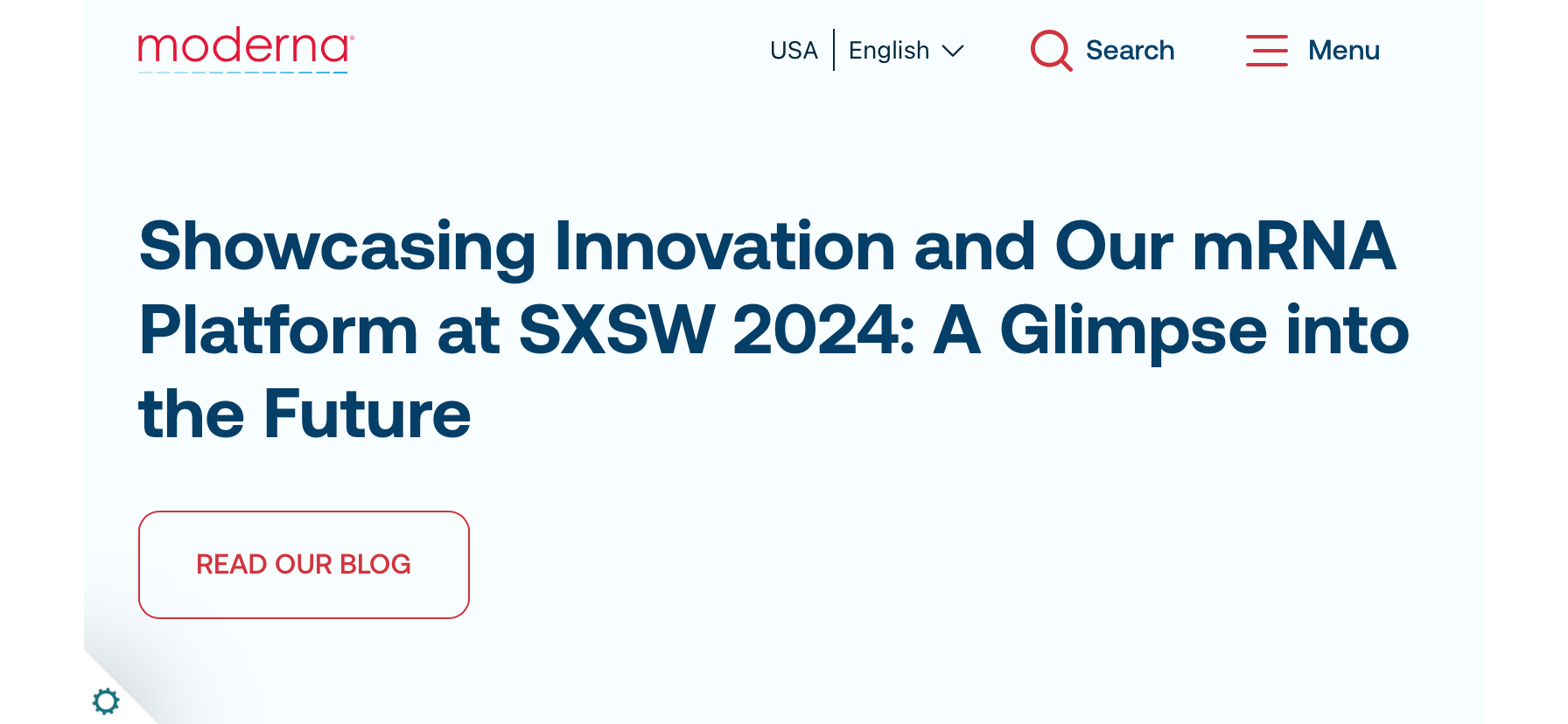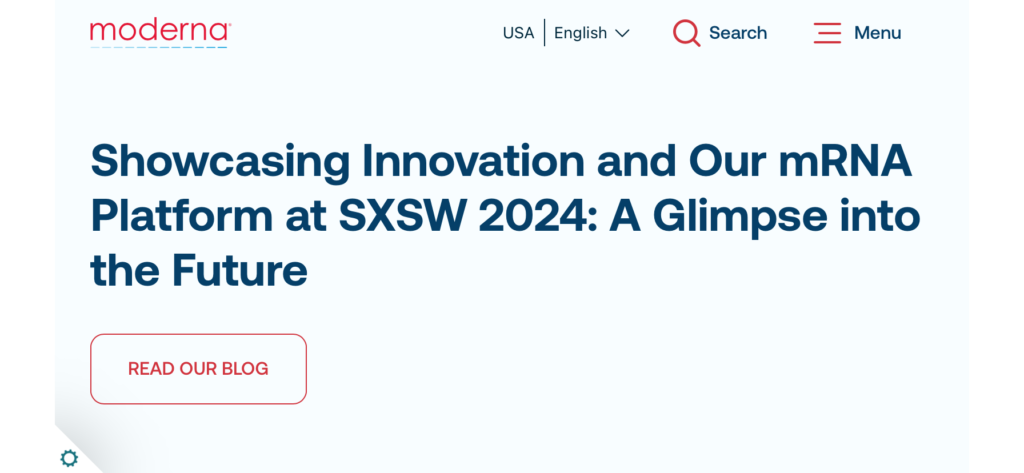Physical Address
60 Ekwema Cres, Layout 460281, Imo
Physical Address
60 Ekwema Cres, Layout 460281, Imo

US pharmaceutical and biotechnology firm, Moderna, has discontinued its endeavors to build an mRNA manufacturing facility in Kenya. The firm said this in a statement on Thursday, Apr 11.

The company said that “the demand in Africa for COVID-19 vaccines has declined since the pandemic and is insufficient to support the viability of the factory planned in Kenya.”
According to the statement, Moderna has not received any vaccine orders for the continent since 2022 and has faced the cancellation of previous orders, resulting in more than $1 billion in losses and write-downs.
Moderna believes the pause will allow the company to better align its infrastructure investments with the evolving healthcare needs and vaccine demand in Africa.
Moderna said it would need to restrategize its objectives and align its infrastructural intentions with new challenges in the continent’s health market.
Moderna will spend US$4.5 billion this year on research and development of Cancer and Respiratory Syncytial Virus (RSV), shelving its Kenyan plans as a cost-cutting strategy.
Moderna said in a statement, “Moderna is actively working on the development of public health vaccines, including those for diseases that predominantly affect the African continent, such as HIV and malaria. These initiatives are part of our broader commitment to help address global health challenges through our innovative mRNA technology.”
In March 2022, then Kenyan president Uhuru Kenyatta oversaw the signing of the memorandum of understanding between the East African nation and the US firm. Uhuru Kenyatta promised to invest US$500 million in an mRNA plant that would churn out more than 500 million doses of crucial vaccines for the continent’s most vulnerable.
After the finalization of a deal with the government last year in March, Moderna was supposed to operate within a Special Economic Zone (SEZ). The move would have seen the company exempted from some taxes, with the government ramping up its Foreign Direct Investment (FDI) to achieve US$10 billion annually.
If you found this piece useful, kindly drop a nice comment. Follow us on X or Twitter, @SilicoAfriTech
Verod-Kepple Africa Ventures Secures its First Fund at $60M to Support New Startups